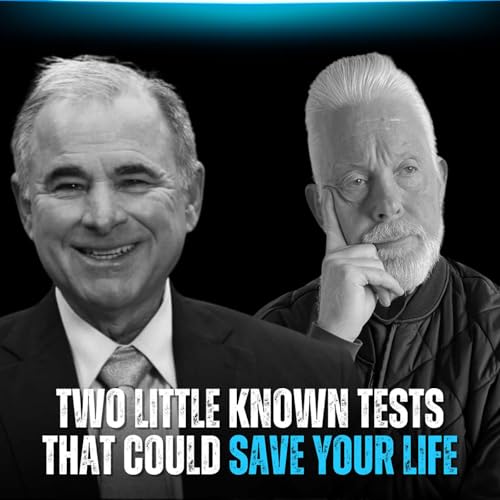
Cardiovascular Matters
Impossibile aggiungere al carrello
Puoi avere soltanto 50 titoli nel carrello per il checkout.
Riprova più tardi
Riprova più tardi
Rimozione dalla Lista desideri non riuscita.
Riprova più tardi
Non è stato possibile aggiungere il titolo alla Libreria
Per favore riprova
Non è stato possibile seguire il Podcast
Per favore riprova
Esecuzione del comando Non seguire più non riuscita
-
Letto da:
A proposito di questo titolo
Cardiovascular matters is here to give you the best information available concerning the causes, symtoms, treatments and prevention of health related issues stemming from cardiovascular disease.
© 2025 Cardiovascular Matters
Episodi
-
 24 min
24 minImpossibile aggiungere al carrello
Puoi avere soltanto 50 titoli nel carrello per il checkout.Riprova più tardiRiprova più tardiRimozione dalla Lista desideri non riuscita.
Riprova più tardiNon è stato possibile aggiungere il titolo alla Libreria
Per favore riprovaNon è stato possibile seguire il Podcast
Per favore riprovaEsecuzione del comando Non seguire più non riuscita
-
 17 min
17 minImpossibile aggiungere al carrello
Puoi avere soltanto 50 titoli nel carrello per il checkout.Riprova più tardiRiprova più tardiRimozione dalla Lista desideri non riuscita.
Riprova più tardiNon è stato possibile aggiungere il titolo alla Libreria
Per favore riprovaNon è stato possibile seguire il Podcast
Per favore riprovaEsecuzione del comando Non seguire più non riuscita
-
 24 min
24 minImpossibile aggiungere al carrello
Puoi avere soltanto 50 titoli nel carrello per il checkout.Riprova più tardiRiprova più tardiRimozione dalla Lista desideri non riuscita.
Riprova più tardiNon è stato possibile aggiungere il titolo alla Libreria
Per favore riprovaNon è stato possibile seguire il Podcast
Per favore riprovaEsecuzione del comando Non seguire più non riuscita
Ancora nessuna recensione


